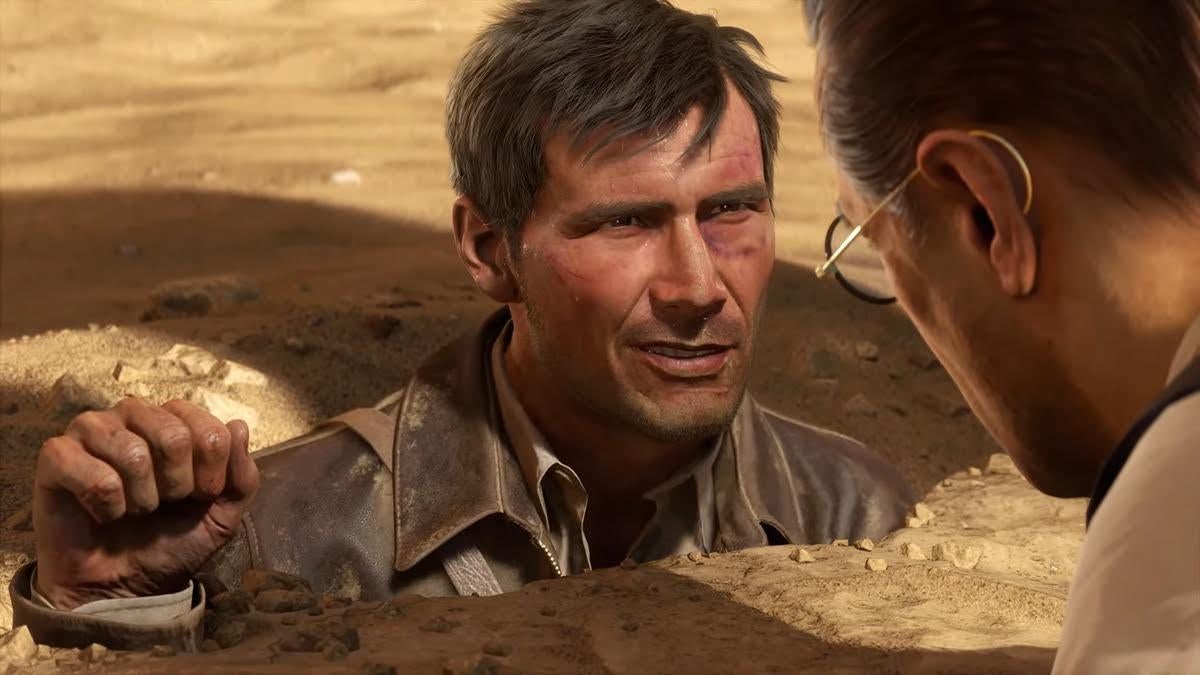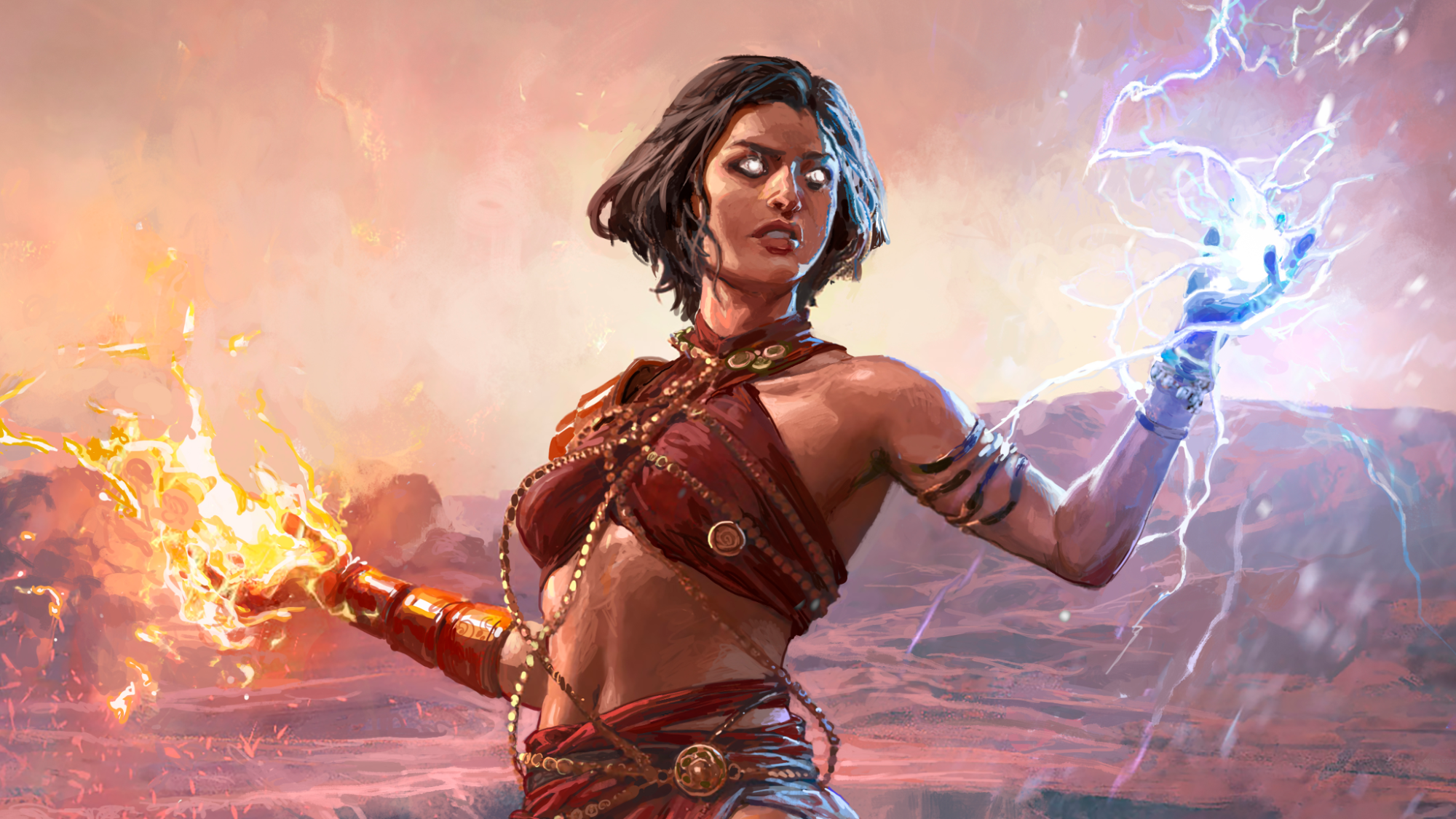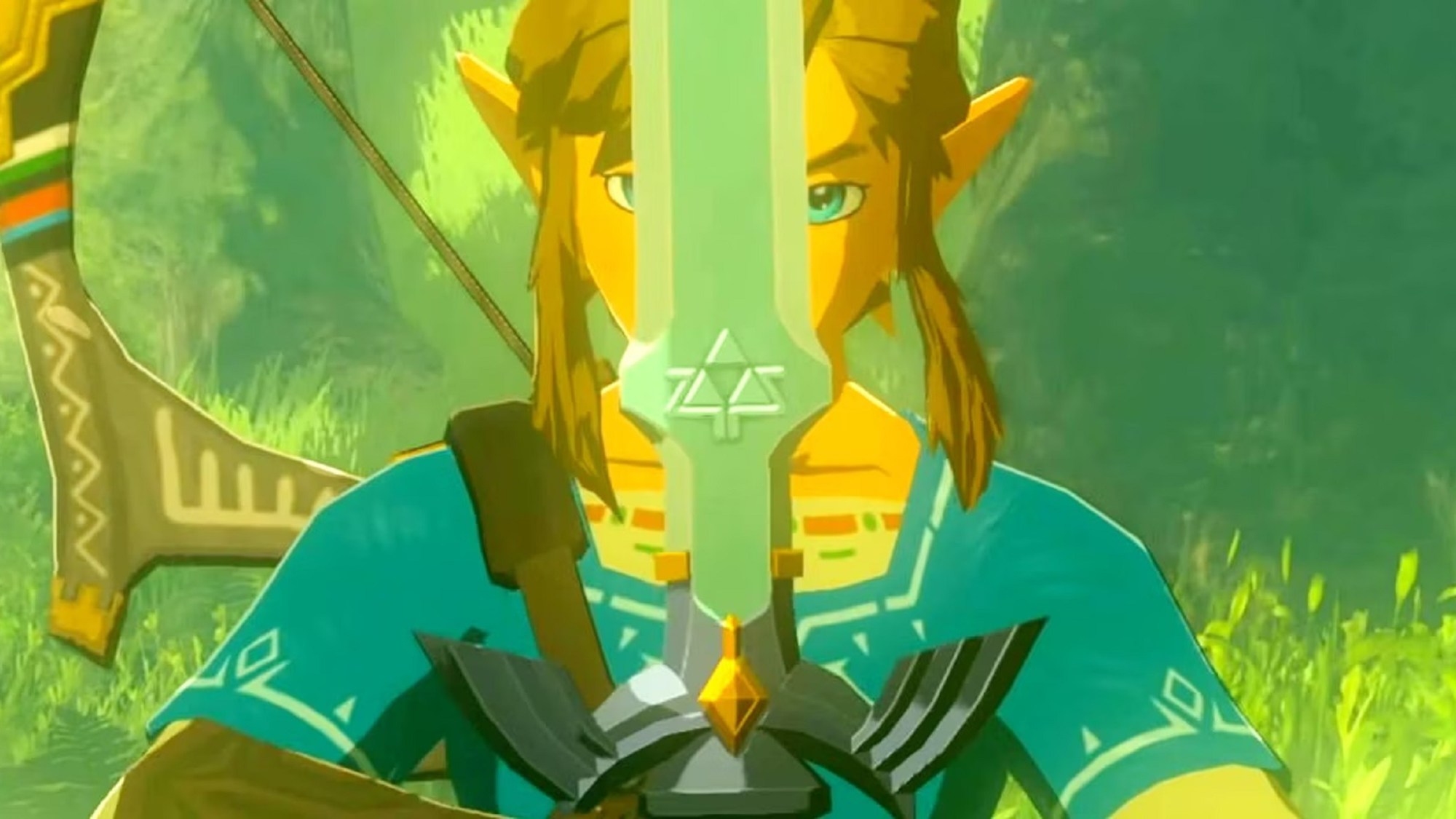The video game industry is constantly evolving, from gameplay and graphics to how we access games. While innovations like Xbox Game Pass, Steam Deck, and cloud gaming are welcome changes, some trends are less appealing. One such trend is the increasing practice of paying a premium for “early access” to video games. This isn’t about discreetly acquiring a copy ahead of time; it’s about publishers charging significant amounts for the privilege of playing a game a few days before its official release. This practice is deceptive and ultimately a clever marketing tactic, as players aren’t genuinely getting the game “early”—they’re just paying more for the same experience.
One of the earliest examples of this trend can be traced back to 2014 with Call of Duty: Advanced Warfare. Pre-ordering granted players the “Day Zero” edition, allowing them to play on November 3rd instead of the official November 4th release. While this didn’t incur an extra cost, it incentivized pre-orders, effectively blurring the lines between early access and the actual release date. It’s likely many players simply bought the game on its “Day Zero” release without pre-ordering, rendering the “early access” largely meaningless.

Sports games quickly adopted this strategy. NBA 2K offered an “early tip-off” weekend for pre-orders, while Madden NFL 18 introduced a $20 premium for three days of early access with its “GOAT Edition.” Subsequently, NBA 2K19 tied early access to its $99.99 special edition, establishing a pattern of premium early access for sports titles. This practice proved highly lucrative with EA Sports College Football 25, attracting 2.2 million players during its early access period, which was locked behind the deluxe edition. While these premium editions often include in-game bonuses, early access remains the primary selling point.
This trend has expanded beyond sports games, impacting major releases like Hogwarts Legacy, Starfield, Indiana Jones and the Great Circle, and Star Wars Outlaws. Assassin’s Creed Shadows also planned premium early access but abandoned it after a delay.
The core issue is the artificiality of this “early access.” It preys on eager players, charging them extra for a release they’ll experience just days later at a lower price. This differs significantly from early review copies, which are often provided weeks in advance and may not represent the final product. Reviewers frequently encounter bugs and incomplete features, receiving updates and patches before the public release.

Premium early access typically grants access to the finished product, essentially the same experience as the standard edition. While exceptions exist with games launching in broken states, the principle remains: players are paying extra for a readily available product. This practice becomes even more questionable with games like Indiana Jones and the Great Circle and Starfield, designed for Xbox Game Pass. Publishers are essentially incentivizing Game Pass subscribers to pay a premium for early access to a game they already have access to through their subscription.
Some speculate that Rockstar Games may employ a similar tactic with GTA 6, potentially offering a premium early access edition despite the game’s anticipated profitability. This trend needs to be curbed, starting with consumer behavior. Patience and resisting the urge to pay extra can send a powerful message to publishers. While early access might contribute to slowing price increases for base games, publishers already have numerous monetization methods through battle passes, skins, and DLC.
We should strive to end this deceptive practice. True early access, like fan screenings for films such as Top Gun: Maverick, The Batman, and Joker: Folie a Deux, offers a genuine preview without additional cost. It’s time for the gaming industry to prioritize player value over manufactured scarcity and inflated prices.











